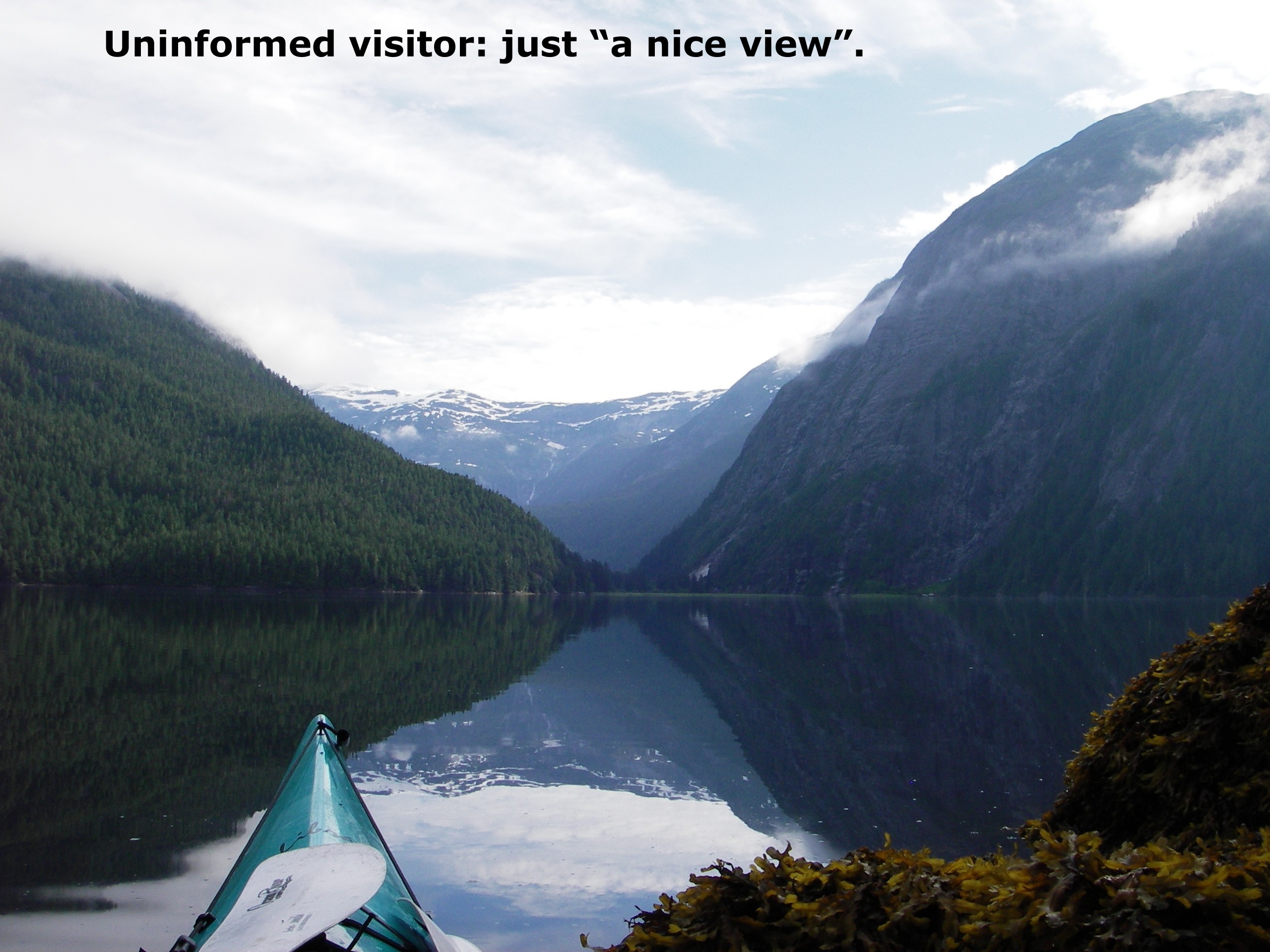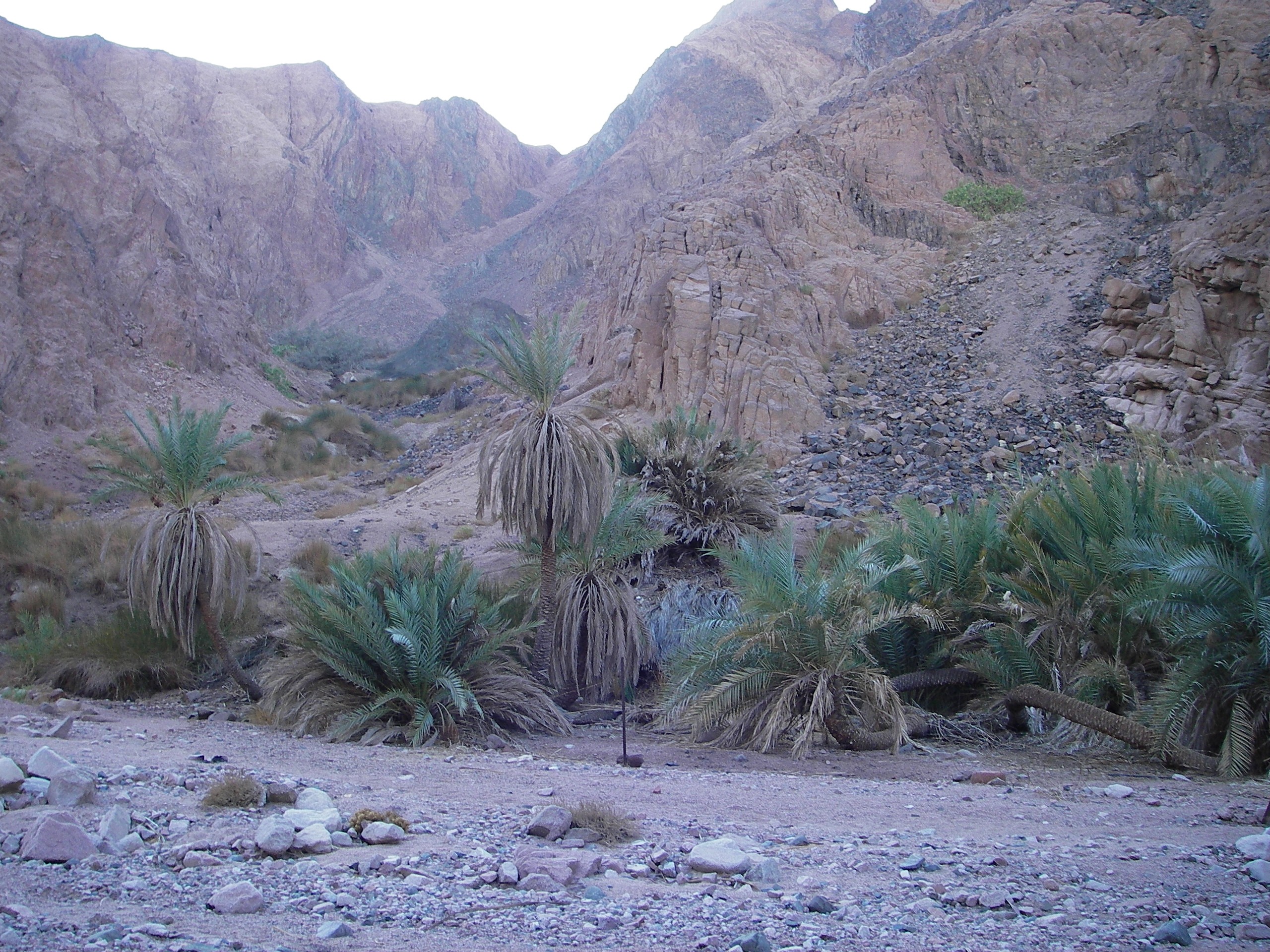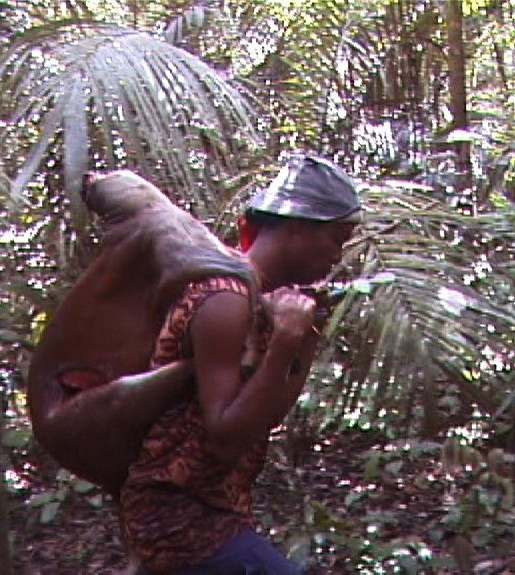reports
Ojibwe. Part 2:Useful Plants
The Bushmasters:
ethnographic
nature of
Western-Suriname
abbreviations (pdf)
contact
emailinfo@
ethnographic
nature.org
postal address
JJ Cremer-
straat 2/1
1054 TD Amsterdam
|
Qualitative field and source research
custom made for governmental organizations, NGO's and travel companies who are concerned with: |
||||
|---|---|---|---|---|
|
resource use |
resource management |
local knowledge |
narratives, art and cosmology |
perceptions of nature |
|
MissionEthnographic Nature is an independent research program initiated by Koen Alefs aiming to deepen and propagate the understanding of the perception of nature and subsistence-mode of local communities and indigenous peoples. This is achieved, on assignment as well as autonomously, by means of qualitative field research, the study of ethnographic material and providing custom-made reports |
Global careAn ethnographical understanding of nature enhances conservation efforts and might be pivotal in improving the living conditions or juridical position of local people. To anthropology, research on ethnographic nature means a new application of the vast amount of data that has been gathered over the decennia. |
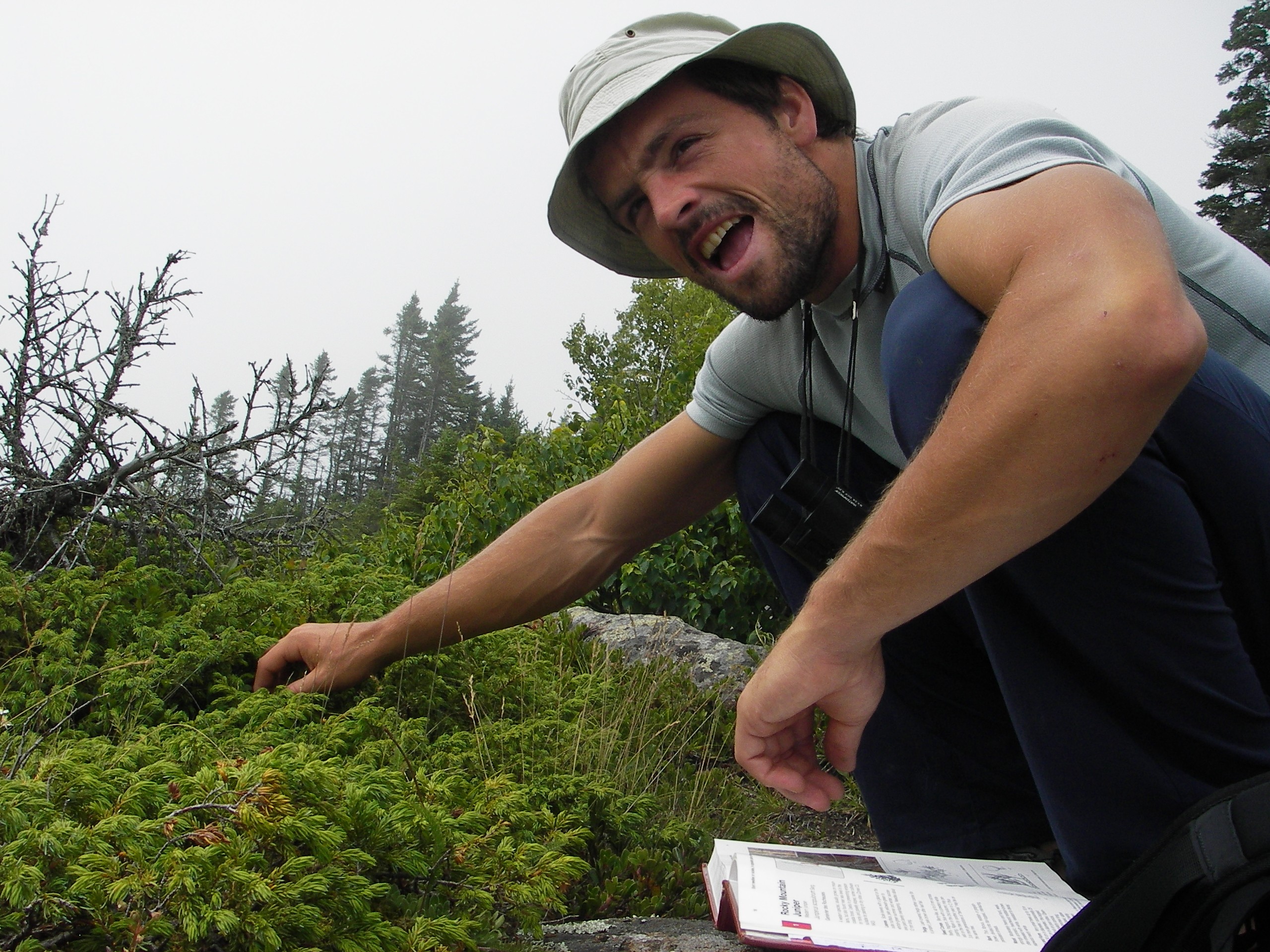
|
"Ethnographic nature extremely intensifies the experience of the natural world. It works like a catalogue for a modern art museum: reading it transforms the lifeless colors and arbitrary forms into a vivid world of meaning and structure."
Koen Alefs is an anthropologist and conducted research in Western Suriname, the Sinai desert and Canadian forests. As a specialist on the aboriginal peoples of North America he was associated with the Netherlands Centre for Indigenous Peoples (NCIV) from 2005 to 2008. Koen made two ethnographic documentary films: Take Away Ritual (2002, 45 minutes) and The Bushmasters part 3 (2005, 13 minutes). |
reports
Ethnographic Nature provides custom-made research reports. The ones presented
are based on autonomous research projects and written in Dutch. Reports made
on assignment might have a different format, volume or vernacular.
For more information, please send an
email.
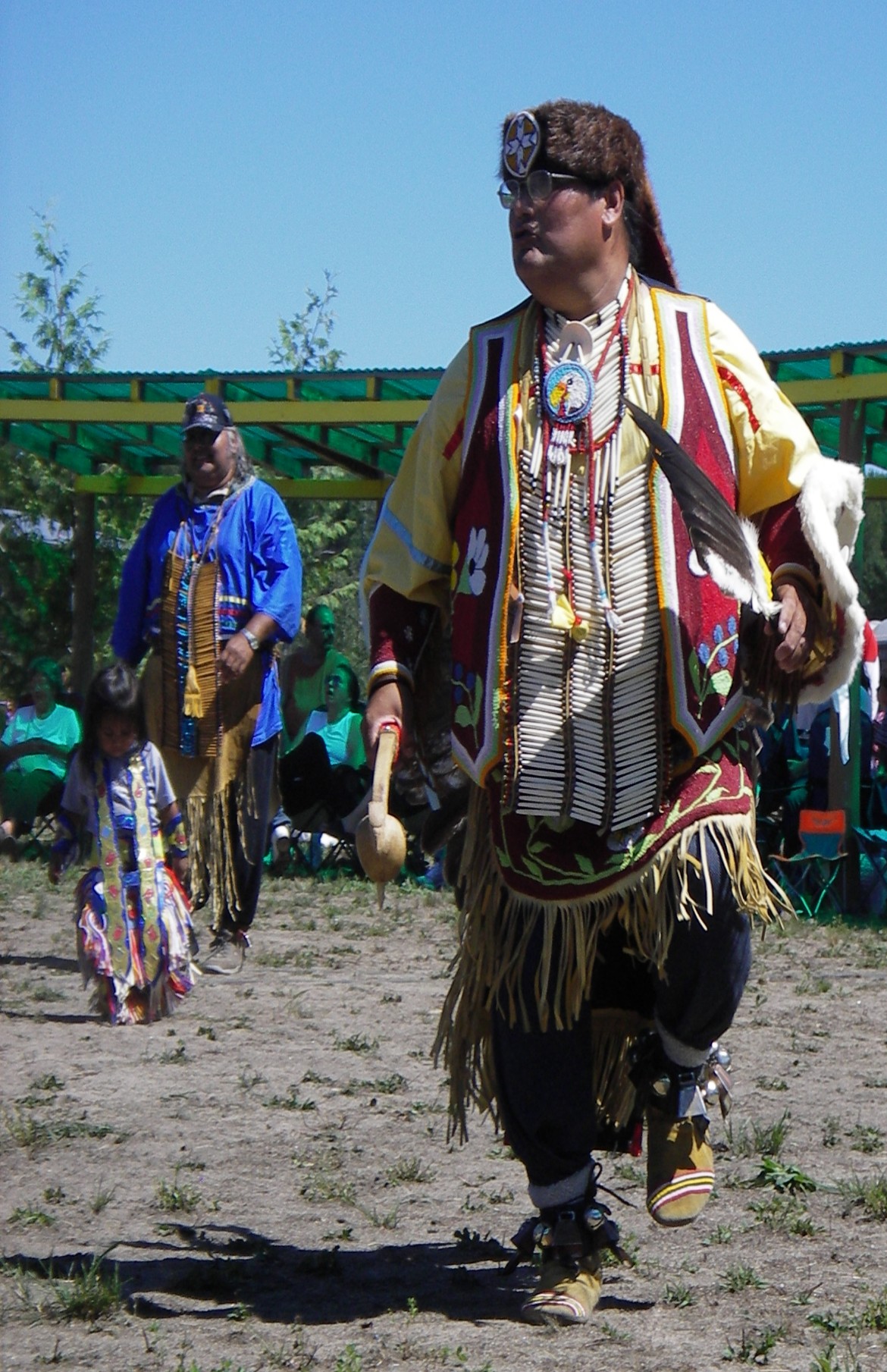
|
Ojibwe |

